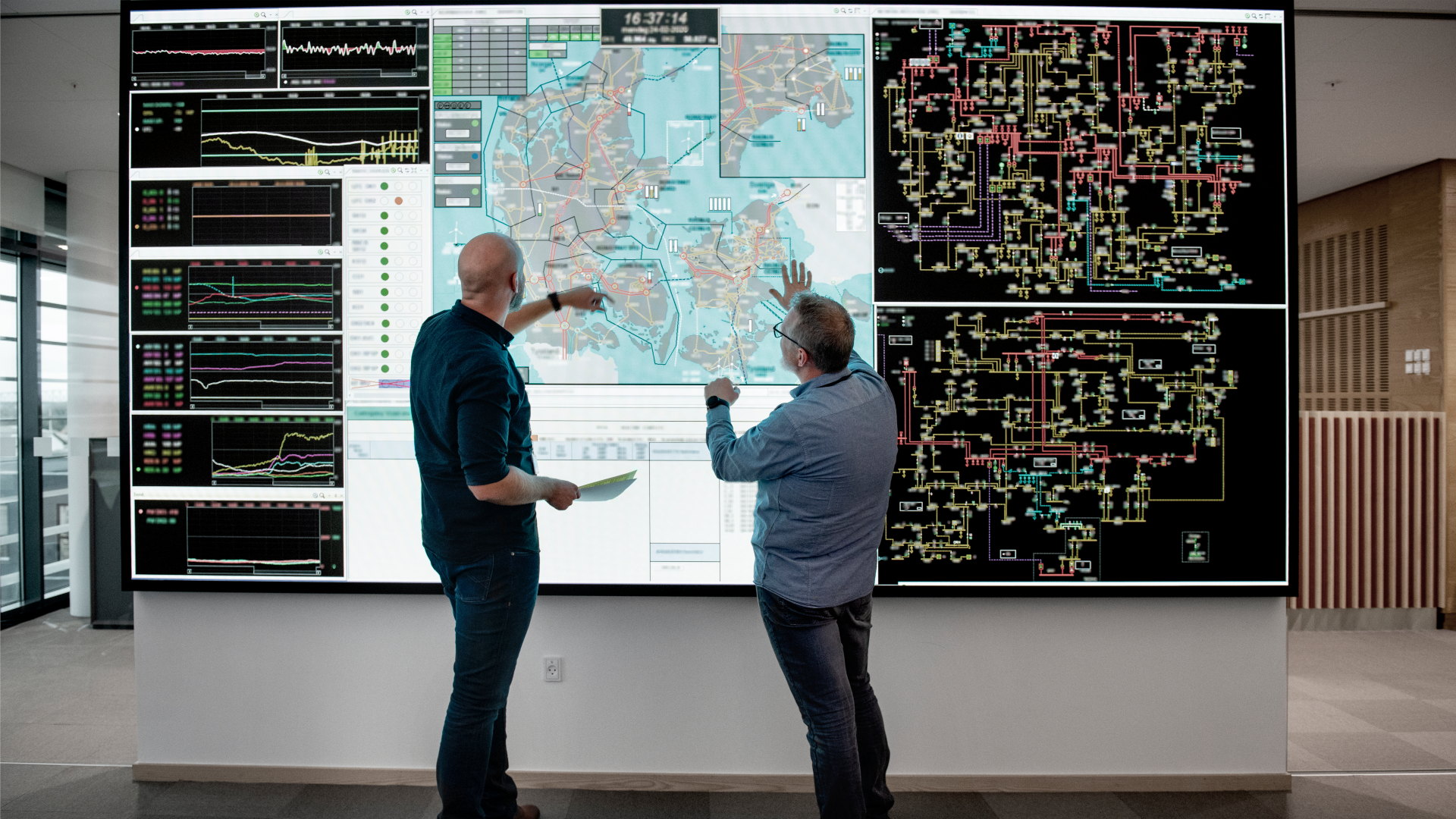What exactly is a quantum computer? And what can it do? Many Danish companies are probably grappling with this question, and even though quantum computers may not become widespread for another 10-20 years, the topic is so complicated—and the potential so great—that you already need to prepare for what it will mean to your organization now before it is too late. To use a buzzword, it is all about being ‘quantum ready’. But how do we get ready?
There is no exact definition, but several experts point out that it is about analysing what impact quantum technology can have on your industry and how it can crush both current and future problems—but also create new threats.
“There are many industries, such as life science and logistics, that will really benefit from the quantum computer, and here it’s important not to lag behind, because it can damage your competitiveness,” says Mikkel Haarder, Vice President for Education and Research in the Confederation of Danish Industry.
He explains that the Confederation of Danish Industry is experiencing great interest in the topic from their members, and that it recently held a highly attended quantum conference.
“Most people understand that quantum technology will be important to them, but many companies—even those that are research-intensive—are uncertain about how far from or close to the market the technologies are,” says Mikkel Haarder.
Therefore, he believes that the research environments have a great responsibility to support innovation by explaining how companies can use the technology and develop application scenarios.
“DTU has already had success with this—for example the collaboration with KPMG and Danske Bank on the first quantum-proof data transfer in the Nordic region, which was conducted successfully last year. So if you want to be quantum ready, you have to keep an eye on what is happening in these collaborations,” says Mikkel Haarder.
Calculations on a giant scale
The logistics industry is one of the industries that sees great opportunities in quantum technology, and Lasse Jiborn is excited to use the enormous computing power of the quantum computer. He is Commercial Director of AMCS Group, which supplies software to the logistics industry, where they calculate routes for truck transport of everything from petrol to mail and parcels and cement for the construction industry.
“We specialize in highly complex logistical problems,” says Lasse Jiborn.
Route planning is precisely one of those tasks where conventional computers fall short. For example, if you need to plan a route with 10 stops, it can be composed in 3.6 million different ways (10 x 9 x 8 x ...).
“But 10 stops is nothing for our trucks. We’re planning for maybe 100 trucks, each making 300 stops a day,” explains Lasse Jiborn.
300 stops give an astronomical number of possible routes—3.1 x 10 615 to be precise. A conventional computer can still cope with this, but, for AMCS Group, it can take up to eight hours to calculate the optimal route. And this presents a challenge if something unpredictable happens—a traffic accident, roadworks, snow, mechanical problems with a truck—that involves rerouting in the middle of the day. Because they will then not have enough time to make new calculations.
“Our data models and calculations are absolutely huge and take a long time. But, with a quantum computer, we will be able to create realistic, optimized routes much faster, and it will also be possible to solve large-scale problems within the time available,” explains Lasse Jiborn.
AMCS Group is staying ‘quantum ready’ by analysing how the quantum computer can help them. They are also participating in the DTU project PhotoQ, which will primarily develop photonic quantum processors, but also algorithms, which can work with current problems in logistics and development of medicine.
“Our hope is that a quantum computer can cut the calculation time from hours to minutes. This will not only save us time, but also fuel, and, ultimately, reduce CO2emissions,” says Lasse Jiborn.

